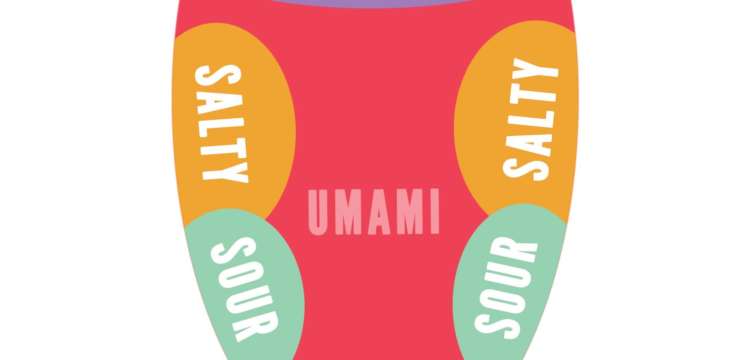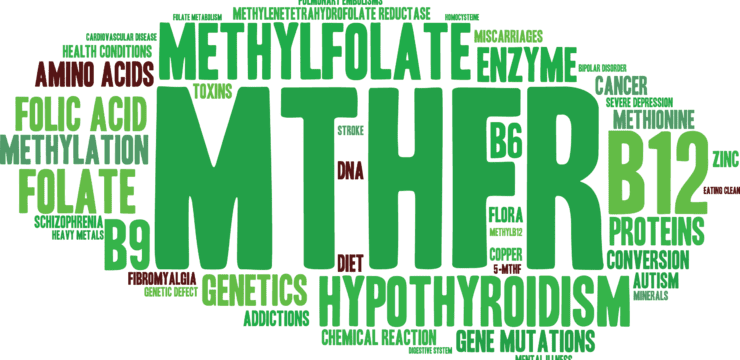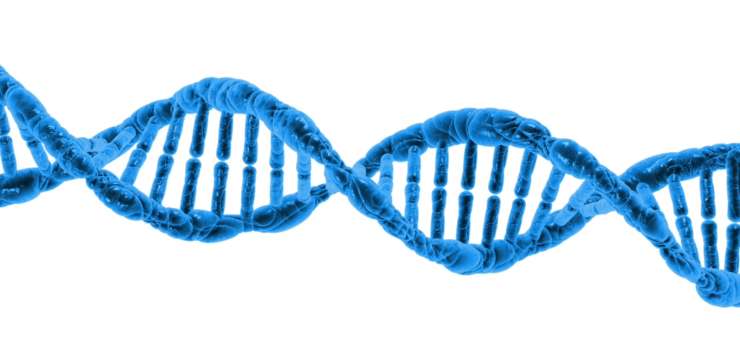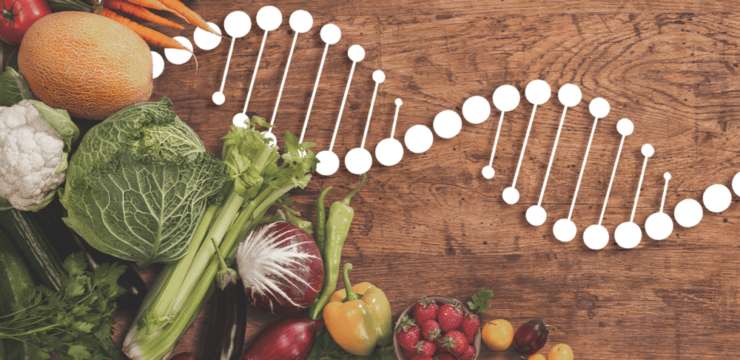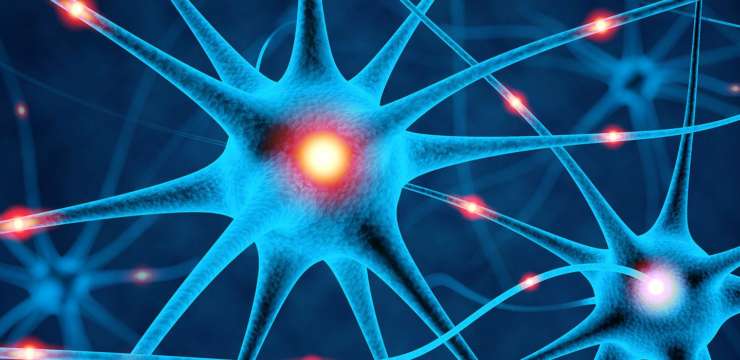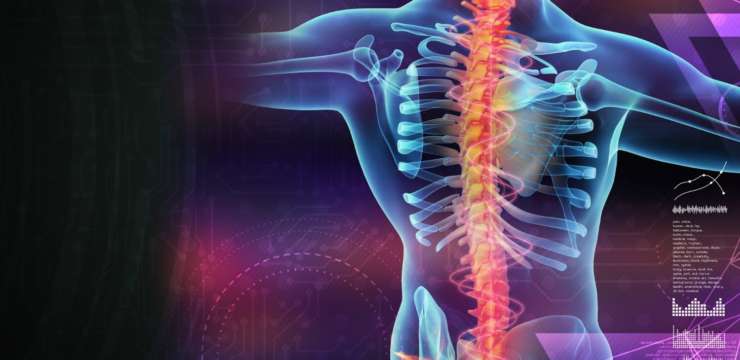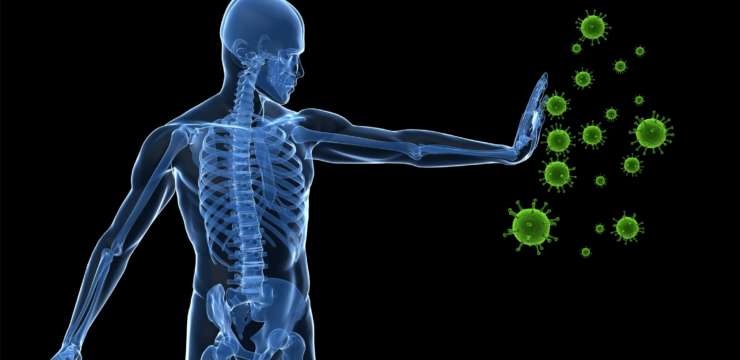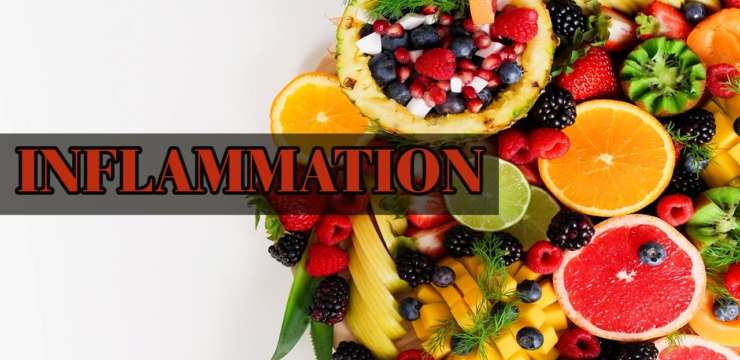What is gluten? Gluten is the protein found in wheat, barley, and rye. Unfortunately, gluten is the stable of the American diet and hidden in many foods, like soy sauce for example. 99% of people who have a problem with eating gluten do not even know it. They associate their poor health and discomfort with other instances. However, this is becoming an epidemic as those who have a gluten intolerance or sensitivity (diagnosed or undiagnosed) have a significantly higher chance of developing heart disease. So far, there have been 55 diseases that are linked to eating gluten.




